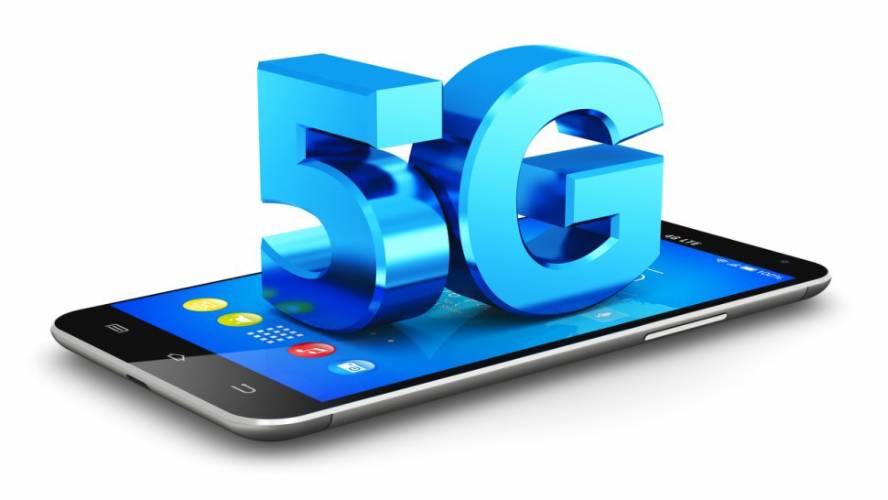×
The Standard e-Paper
Kenya’s Boldest Voice

It’s a term that has hit the headlines several times in recent weeks - but what actually is 5G?
5G is short for ‘fifth generation mobile network’, and is the successor of 4G.







